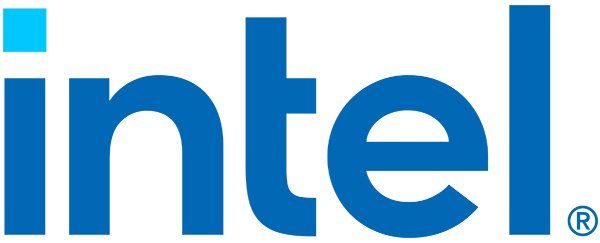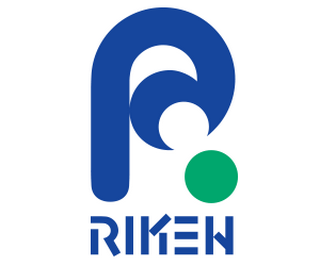 May 18, 2023 — RIKEN and Intel Corporation have announced joint R&D in the field of advanced computing technologies, such as AI, HPC and quantum computing. As part of the agreement, RIKEN will also engage with Intel Foundry Services to create prototypes of these new solutions.
May 18, 2023 — RIKEN and Intel Corporation have announced joint R&D in the field of advanced computing technologies, such as AI, HPC and quantum computing. As part of the agreement, RIKEN will also engage with Intel Foundry Services to create prototypes of these new solutions.
Collaboration areas include technologies in the fields of supercomputers and AI; silicon-based quantum computing technology and quantum simulation technology; and prototyping in collaboration with Intel Foundry Services (IFS).
The organizations said the objective of the collaboration “is to promote cooperation between RIKEN and Intel by leveraging their research capabilities and engineering talents to explore the potential for exponential performance improvements aimed at achieving zetta-scale processing levels, with the ultimate goal of introducing these for broad adoption globally.”
From the RIKEN-Intel announcement:
As the scale of big data increases massively, the computational infrastructure for machine learning and deep learning needs to become even more sophisticated, and dramatic performance improvements in supercomputers and quantum computers are required, the organizations said.
To address this need, RIKEN, a Japanese research institute focusing on the natural sciences, has launched a project it calls “Transformative Research Innovation Platform of RIKEN platforms”, a company-wide, cross-functional project, as a precursor to its Fifth Medium- to Long-Term Plan (FY2025-FY2031). The project will link RIKEN’s research platforms (supercomputers, large synchrotron radiation facilities, bio-resource projects, etc.), and will also provide a platform for pioneering research and innovation.
It is a challenging project that aims to promote and accelerate digital transformation and provide a driver for social change. To achieve these aims, it is necessary to accelerate research in next-generation computing areas such as high-performance computing and improve the performance of quantum computers.
Intel has a long history of foundational process innovations that have enabled the company to maintain the pace of Moore’s Law. Through continuous innovations in areas including high-performance computing and quantum computing, Intel is keeping Moore’s Law alive and well. With the rapid growth of AI, Intel is now focused on democratizing AI by delivering significant hardware performance and developer productivity at scale.
Intel is also actively working on quantum computing, which presents a new computing paradigm and revolutionizes all industrial fields. As the complexity of workloads and applications continues to grow, quantum computing will augment supercomputers and high-performance computing (HPC).




